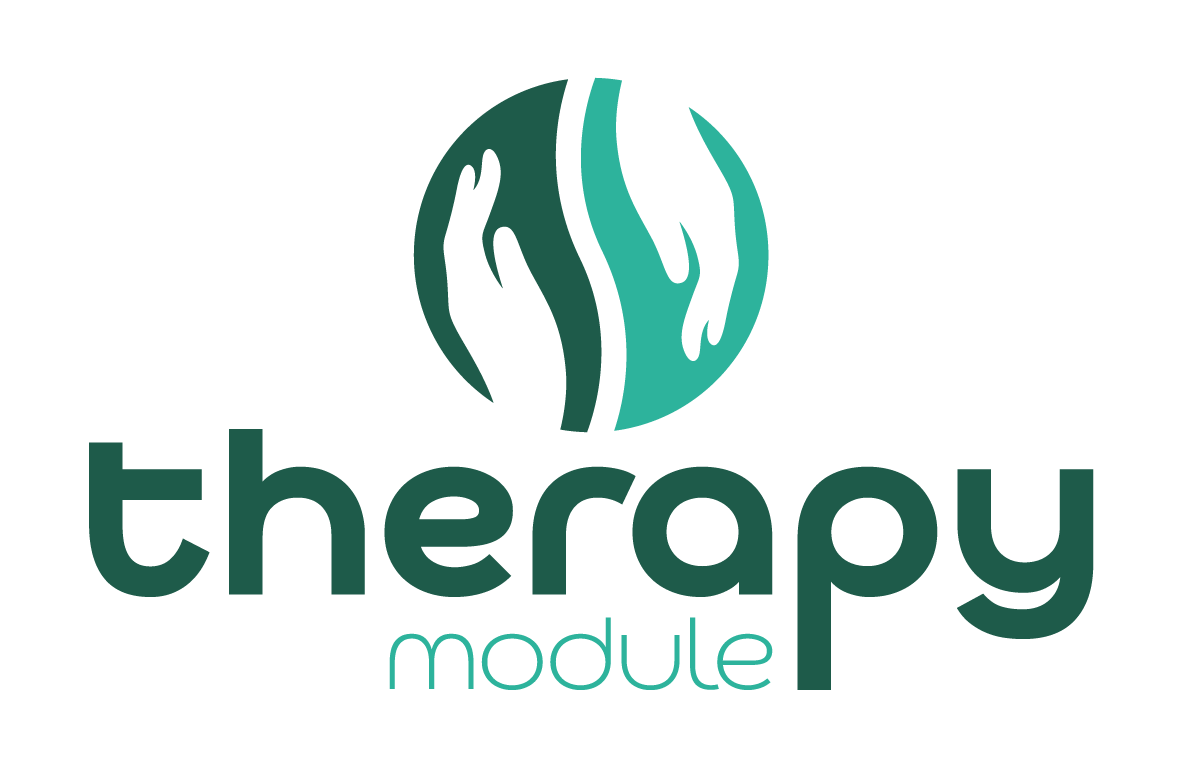The Human Journey: Knowing, Loving, and Renewing – A Therapeutic Perspective
Humans embark on their life journey with three fundamental abilities: knowing, loving, and renewing. For these processes to progress healthily, conscience acts as a guiding force. Conscience is like an internal, innate software that helps distinguish between right and wrong—similar to the BIOS software in computers. As individuals perceive and interpret the world, conscience allows them to make the right choices and serves as a safeguard against poor decisions.
This perspective aligns with Immanuel Kant’s moral philosophy. According to Kant, conscience is an inherent guide that calls individuals to adhere to moral law. Similarly, the ethical teachings of Buddhism, through principles such as “Right Understanding” (Samma Ditthi) and “Right Intention” (Samma Sankappa), emphasize ethical living and conscious decision-making. In Buddhism, conscience can be interpreted as “mindfulness” and “right intention,” serving as an inner compass for personal alignment and growth.
Knowing and Loving
Knowing is the first and most crucial step in this journey. A person cannot love something they do not know, nor can they make it a part of their life. From a therapeutic standpoint, understanding one’s struggles and gaining self-awareness is a critical component of the healing process. In therapy, recognizing past traumas and transforming them is a fundamental part of psychological well-being.
The process of knowing can be divided into potential knowing and performative knowing. Potential knowing involves acquiring information and testing it against one’s conscience. If found valid, it is internalized. Performative knowing, on the other hand, involves applying this knowledge to daily life and behaviors. In therapy, this process mirrors how clients gain insight and integrate it into their lives.
This idea resonates with Plato’s views on knowledge and love. Plato believed that “Eros,” or the love for beauty and wisdom, drives individuals towards understanding. According to him, knowing and loving are complementary; the more one knows, the more they love, and vice versa. Similarly, Buddha’s teaching on “The Removal of Ignorance” (Avidya) emphasizes the liberating power of knowledge.
Modern psychology supports these views. Erich Fromm argues that love is an art requiring knowledge, effort, respect, and responsibility. In therapy, love—especially self-love—becomes a tool for personal growth. Albert Bandura introduces the concept of self-efficacy, explaining that when knowledge and love are combined, individuals contribute more effectively to themselves and their surroundings.
Renewing and Finding Oneself
Renewing is the process of returning to one’s essence and cleansing oneself from accumulated physical and emotional burdens. Daily life presents individuals with misinformation and negative experiences that can create “bugs” in their psychological software. In therapy, renewal involves regaining balance and freeing oneself from past negative patterns.
Sleeping and waking serve as natural methods of renewal, helping individuals reset their internal balance. Sleep disturbances, on the other hand, are often linked to emotional challenges and can be a significant focus in therapy. Establishing a healthy sleep routine, incorporating mindfulness, and practicing relaxation techniques are key therapeutic interventions for achieving renewal.
Friedrich Nietzsche related renewal to his concept of “self-overcoming.” Nietzsche believed that individuals must constantly question their existence and recreate themselves. In therapy, renewal involves confronting one’s past, redefining self-perception, and constructing a new sense of self.
Psychologists emphasize the importance of renewal for mental health. Sigmund Freud argued that repressed emotions could negatively impact mental health, and accessing the subconscious can lead to psychological renewal. Martin Seligman, a pioneer in positive psychology, introduced the “well-being model,” which supports renewal as a process that enhances both physical and psychological health.
Mindfulness-based therapy, championed by Jon Kabat-Zinn, highlights the benefits of meditation and mindfulness in reducing stress, increasing awareness, and fostering self-compassion. Renewal, through such practices, helps clients build resilience and emotional well-being.
Therapeutic Conclusion
In conclusion, knowing helps individuals understand, loving deepens connections, and renewing allows for inner growth and healing. When combined, these elements help individuals sustain their journey meaningfully and overcome challenges in life.
From a therapeutic perspective, knowing fosters self-awareness, loving nurtures self-compassion and resilience, and renewing enables transformation and sustained healing. Therapy Module, through evidence-based approaches, supports clients in this journey by providing personalized strategies to enhance self-discovery, emotional regulation, and overall well-being.
Plato, Kant, Fromm, Nietzsche, Buddha, and modern psychologists have all emphasized the significance of these elements in human life. In therapy, these principles provide a foundation for guiding clients toward greater self-awareness and fulfillment.
At Therapy Module, we believe that every individual’s journey is unique, and therapy serves as a safe guide through the challenges of life. Through mindfulness, self-compassion, and continuous renewal, individuals can embark on a path toward lasting healing and well-being.

